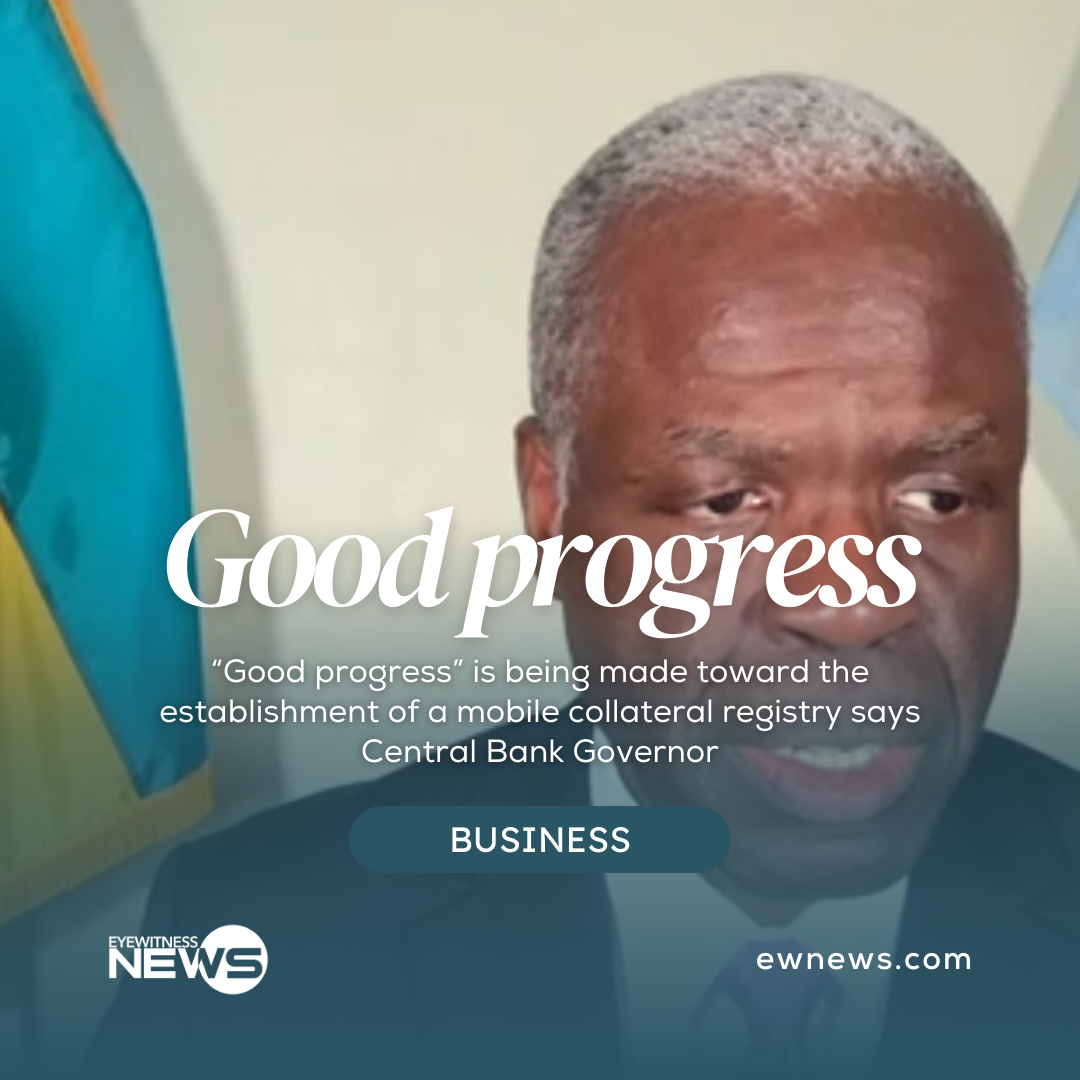“We are at the stage where we should soon begin to have a public consultation on the draft legislation,” Rolle indicated.
“A part of the tidying up at this point is continuing to define the role of the Central Bank in a future registry against some of the other registries that exist in The Bahamas under the government’s purview.
“We have been having those discussions with the Registrar General and the Attorney General’s Office and believe we have arrived at a good medium in terms of how the government could also play a role in terms of what the structure and ownership of the registry looks like.”
Creating such a registry, viewed as a complement to the upcoming Credit Bureau, would enable lenders to record and secure their interest over vehicles and other mobile assets that could be pledged as loan collateral. The driving motivation behind the proposal is thus improving Bahamians’ access to credit by enabling potential lenders to properly perfect and secure collateral – something they often struggled to do with such assets in the past.
Rolle added: “The prospects are very positive because it does not limit the kinds of assets or collateral individuals can use as long as they are quantifiable and they can be registered and secured. Some people think about accounts receivables, but even categories of intellectual property where there is a stream of revenue, potentially, there is going to be a means of registering those assets and collateralizing them to obtain credit.
“In addition, it would allow even certain categories of financial assets, such as investment instruments, to be lodged as security for credit. It does expand the range of possibilities and affords access both to your traditional lenders as well as any two parties that might want to structure a landing arrangement even if they are not your traditional lending institutions.”






